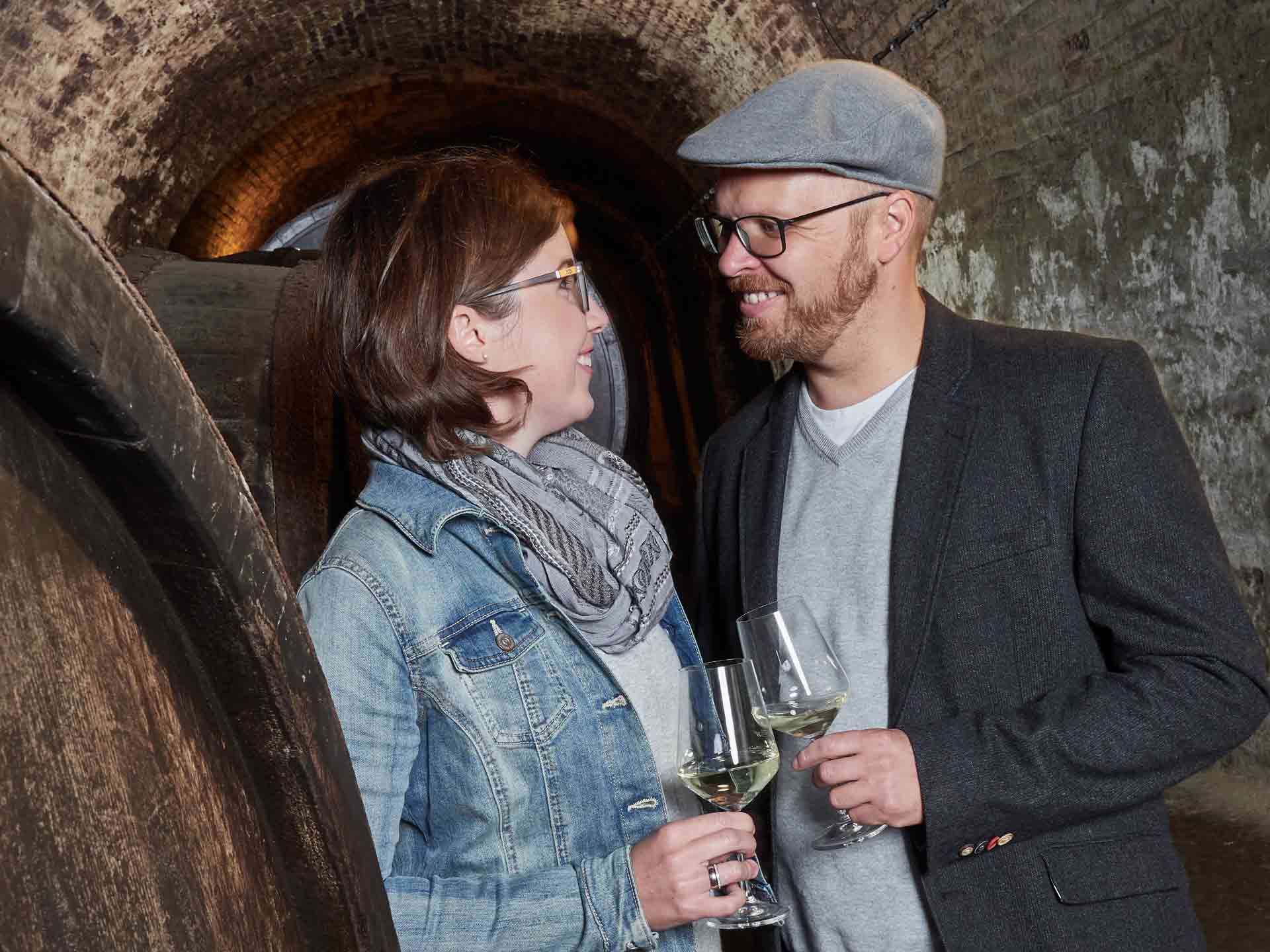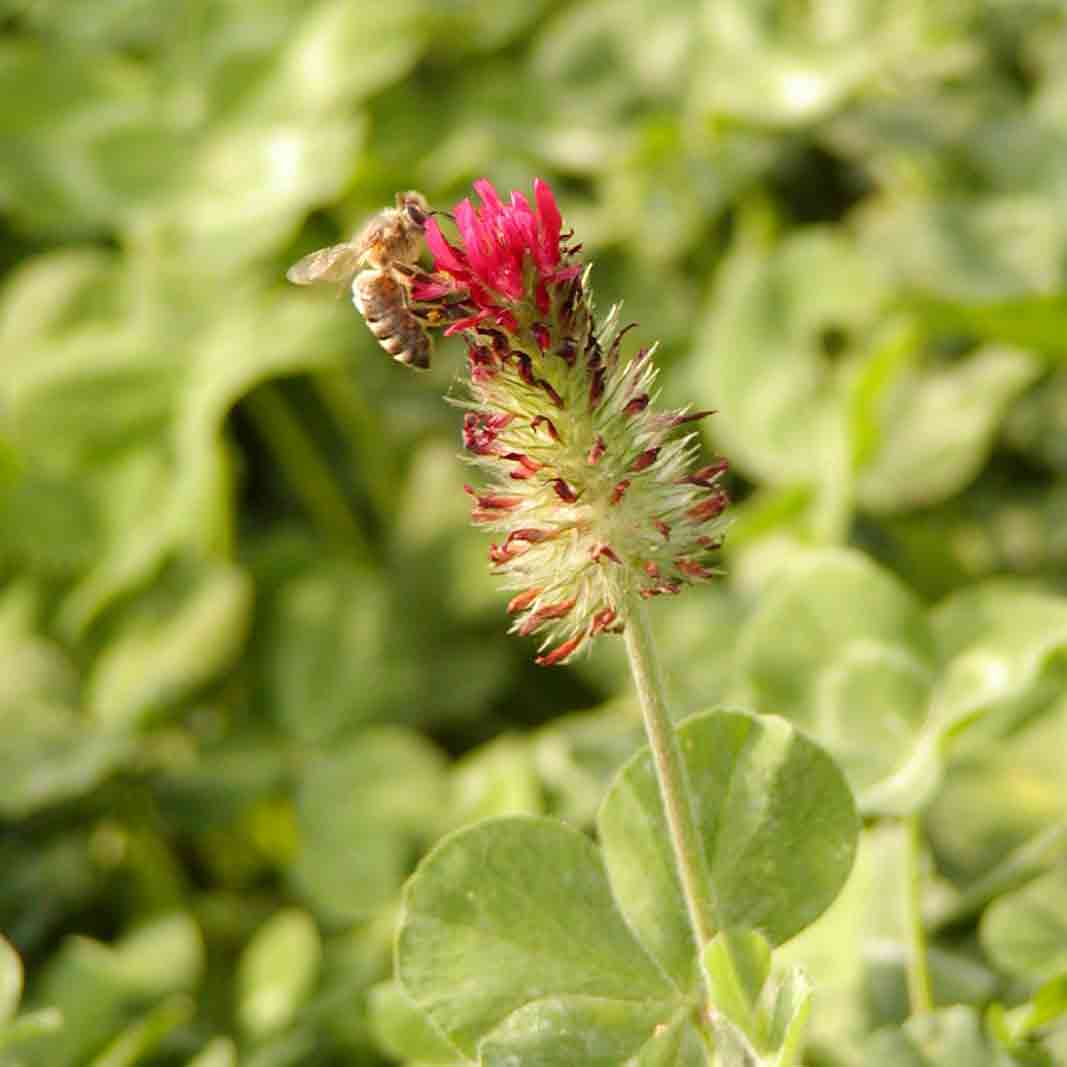Winery
Claudia and Dieter Schnabl – on the one hand physiotherapist and employee of the Raiffeisen-Umweltgesellschaft (environmental association), on the other hand two dedicated hobby vintners.
Turning their hobby into their profession was never an option for them, as they love their jobs. At the same time, they love spending their spare time together in the vineyards and the wine cellar.
The synergies are being utilized by his brother Markus, who oversees the main vinery.
The vineyards of the organic-biological cultivated hobby vinery are situated in the finest locations around the wine-growing town Retz. Protected by the foothills of the Manhartsberg and by the high number of hours of sunshine, the area around Retz has a special microclimate, so that not only very fruity white wines can be cultivated but also very intense red wines.
When it comes to white wine, the main grape variety is the Grüner Veltliner (green veltliner), which is being marketed as the Weinviertel DAC, another white wine variety is the Chardonnay. When it comes to red wines, the Zweigelt is way ahead, followed by Cabernet Sauvignon and Merlot.
The German idiom and the vinery’s slogan „so, wie uns der SCHNABL gewachsen ist“, translates to doing something exactly the way it comes to one’s head and without holding back.
… we cultivate our wines with love: so, wie uns der SCHNABL gewachsen ist. See for yourself!
Philosophy
At the beginning of the 1990s, Peter Schnabl first thought about converting the vinery to organic farming. After careful consideration, this step was taken in 1995. Claudia and Dieter Schnabl continue the biological path with their vineyards and vinify the wines so that they have a low histamine content and are also suitable for vegans.
As a quality-oriented vinery, great importance is laid upon maintaining soil health by greening the tramlines with grass or various clover mixtures. This results in a natural introduction of humus and provides shelter for beneficial organisms. During the vegetation, a lot of emphasis is placed on working with leaves and reducing yields, so that the vines do not have too much stress due to diseases and overhang. Plant protection is only carried out using agents that are permitted in organic-biological plant protection.
When selecting grape varieties, the soil and climatic conditions are always considered, so that each grape variety finds the optimal conditions for itself.
After gentle pressing and temperature-controlled fermentation, the white wines are stored in a stainless-steel tank. The red wines mature in a stainless-steel tank or in a small wooden barrel.
The aim is to give the wines their character, typical of the variety and vintage, and thus to produce wines that are wholesome and typical for their region.




